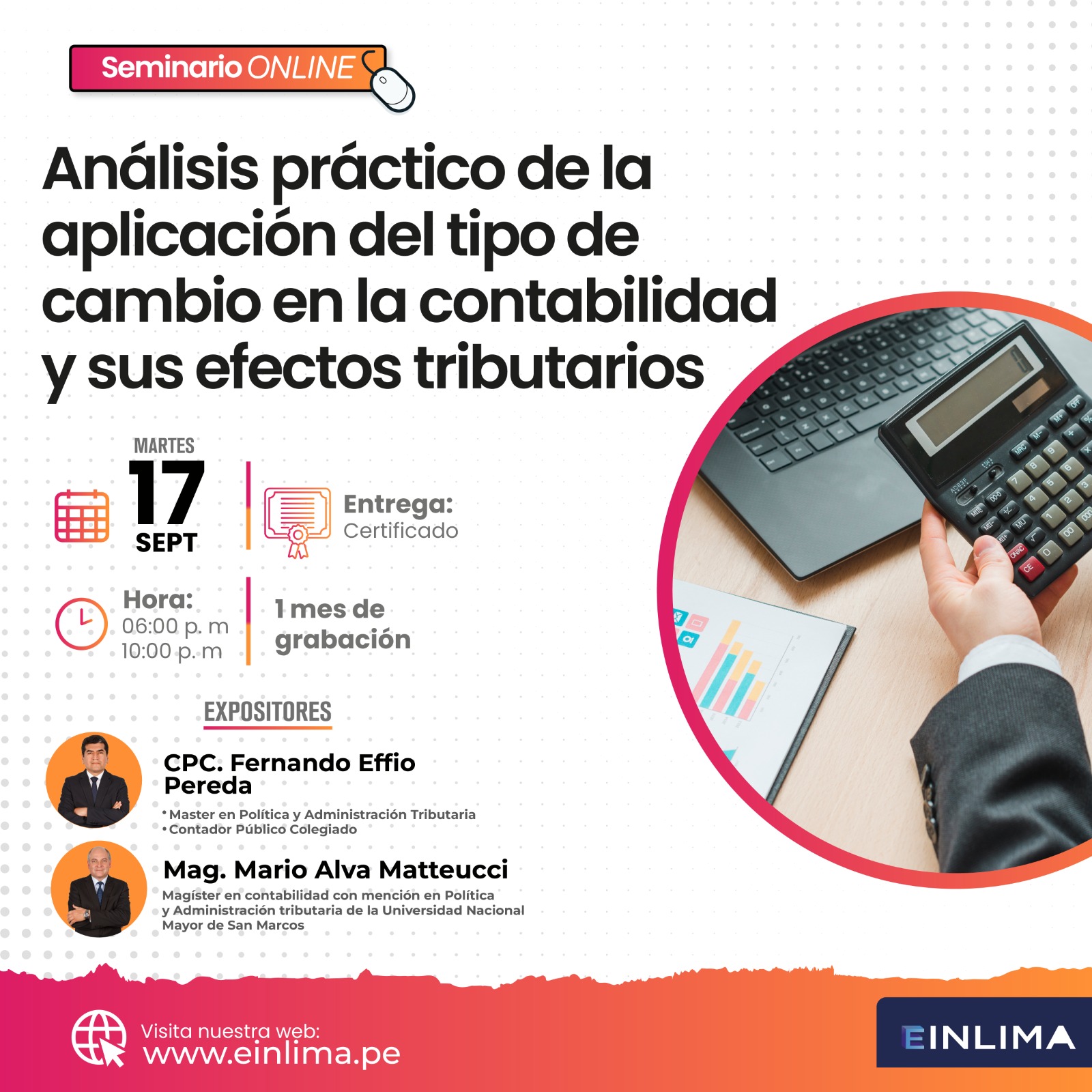EXCEPCIÓN DE LA OBLIGACIÓN DE EFECTUAR PAGOS A CUENTA Y SUSPENSIÓN DE RETENCIONES DEL IMPUESTO A LA RENTA POR CUARTA CATEGORÍA EN EL AÑO 2026
MARIO ALVA MATTEUCCI
El miércoles 31 de diciembre de 2025 se publicó en el Diario Oficial El Peruano la Resolución de Superintendencia Nº 000390-2025/SUNAT, la cual aprobó las normas relativas a la excepción de la obligación de efectuar pagos a cuenta y la suspensión de la obligación de efectuar retenciones y/o pagos a cuenta, respecto del Impuesto a la Renta por rentas de Cuarta Categoría correspondientes al ejercicio gravable 2026.
Cabe indicar que esta norma debe concordarse necesariamente con la Resolución de Superintendencia Nº 013-2007/SUNAT, que fuera publicada en el Diario Oficial El Peruano el 15 de enero de 2007, a través de la cual se dictaron normas relativas a la excepción y a la suspensión de la obligación de efectuar retenciones y/o pagos a cuenta del Impuesto a la Renta por rentas de cuarta categoría.
Verificando la concordancia de ambas normas podemos indicar que para el ejercicio gravable 2026 se presentan los siguientes supuestos:
NO ESTÁN OBLIGADOS A EFECTUAR PAGOS A CUENTA DEL IMPUESTO A LA RENTA LOS CONTRIBUYENTES QUE:
Sus ingresos por rentas de cuarta categoría o las rentas de cuarta y quinta categoría percibidas en el mes no superen el monto de S/ 4,010.00 (cuatro mil diez y 00/100 Soles) mensuales.
Tengan funciones de directores de empresas, síndicos, mandatarios, gestores de negocios, albaceas o similares y perciban rentas por dichas funciones y además otras rentas de cuarta y/o quinta categorías, y el total de tales rentas percibidas en el mes no supere el monto S/ 3,208.00 (tres mil doscientos ocho y 00/100 Soles) mensuales.
Si en un determinado mes las rentas de cuarta o las rentas de cuarta y quinta categorías superan los montos que establezca la SUNAT, los contribuyentes deberán declarar y efectuar el pago a cuenta que corresponda por la totalidad de los ingresos de cuarta categoría que obtengan en el referido mes. (Tercer párrafo del numeral 2.1 del artículo 2º de la Resolución de Superintendencia Nº 013-2007/SUNAT).
No deberá efectuarse retenciones del Impuesto a la Renta cuando los recibos por honorarios que paguen o acrediten sean de un importe que no exceda el monto de S/ 1,500 (Un mil quinientos y 00/100 Soles). (Numeral 2.2 del artículo 2º de la Resolución de Superintendencia Nº 013-2007/SUNAT).
CONTRIBUYENTES QUE PUEDEN SOLICITAR LA SUSPENSIÓN DE LAS RETENCIONES DEL IMPUESTO A LA RENTA DE CUARTA CATEGORÍA
Con respecto a la suspensión de las retenciones de cuarta categoría nuevamente debemos concordar lo indicado por los literales a) y b) de los numerales 3.1 y 3.2 del artículo 3º de la Resolución de Superintendencia Nº 013-2007/SUNAT con lo indicado por la Resolución de Superintendencia Nº 000390-2025/SUNAT, obtenemos los siguientes resultados:
PROCEDENCIA DE LA SUSPENSIÓN LAS RETENCIONES Y/O DE PAGOS A CUENTA DEL IMPUESTO A LA RENTA DE CUARTA CATEGORIA
A partir del mes de enero de cada ejercicio gravable, los contribuyentes que perciban rentas de cuarta categoría y que no se encuentren en los supuestos indicados en los párrafos precedentes, podrán solicitar la suspensión de retenciones y/o de pagos a cuenta del Impuesto a la Renta, la cual procederá siempre que se encuentren en alguno de los siguientes supuestos:
RESPECTO DE SUJETOS QUE PERCIBAN RENTAS DE CUARTA CATEGORÍA A PARTIR DE NOVIEMBRE DEL 2025
a) Cuando los ingresos que proyectan percibir en el ejercicio gravable por rentas de cuarta categoría o por rentas de cuarta y quinta categorías no superen el monto de S/ 48,125.00 (cuarenta y ocho mil ciento veinticinco y 00/100 Soles) anuales.
b) Tratándose de directores de empresas, síndicos, mandatarios, gestores de negocios, albaceas o similares, cuando los ingresos que proyectan percibir en el ejercicio gravable por rentas de cuarta categoría o por rentas de cuarta y quinta categorías no superen el monto de S/ 38,500.00 (treinta y ocho mil quinientos y 00/100 Soles) anuales.
RESPECTO DE SUJETOS QUE PERCIBIERON RENTAS DE CUARTA CATEGORÍA ANTES DE NOVIEMBRE DEL 2025
Cuando los ingresos proyectados no superen el monto de S/ 48,125.00 (cuarenta y ocho mil ciento veinticinco y 00/100 Soles) anuales.
Tratándose de directores de empresas, síndicos, mandatarios, gestores de negocios, albaceas o similares, cuando los ingresos proyectados no superen el monto de S/ 38,500.00 (treinta y ocho mil quinientos y 00/100 Soles) anuales.
¿CUÁL ES EL FORMATO PARA LA PRESENTACIÓN DE LA SUSPENSIÓN DE RETENCIONES?
Según lo indica el texto del artículo 4 de la Resolución de Superintendencia N° 000390-2025/SUNAT, los contribuyentes que excepcionalmente presenten la solicitud de suspensión de acuerdo a lo previsto en el artículo 6° de la Resolución de Superintendencia N° 013-2007/SUNAT utilizarán el formato anexo a la Resolución de Superintendencia N° 004-2009/SUNAT, denominado “Guía para efectuar la Solicitud de Suspensión de Retenciones y/o Pagos a Cuenta”, el cual se encontrará a disposición de los interesados en SUNAT virtual.
SOLICITUDES DE SUSPENSIÓN DE RETENCIONES Y/O PAGOS A CUENTA DEL IMPUESTO A LA RENTA
Conforme lo precisa la Única Disposición Complementaria Final de la Resolución de Superintendencia N° 000390-2025/SUNAT, los importes indicados en el artículo 3° de la presente Resolución son de aplicación para las solicitudes de suspensión de retenciones y/o de pagos a cuenta del impuesto a la renta presentadas desde el 1 de enero de 2026.
- Si desea revisar el contenido completo de la Resolución de Superintendencia Nº 000390-2025/SUNAT, debe ingresar aquí: RESOLUCION N° 000390-2025-SUNAT
- Si desea revisar el contenido completo de la Resolución de Superintendencia N° 013-2007/SUNAT solo debe ingresar a la siguiente dirección web: https://www.sunat.gob.pe/legislacion/superin/2007/013.htm
